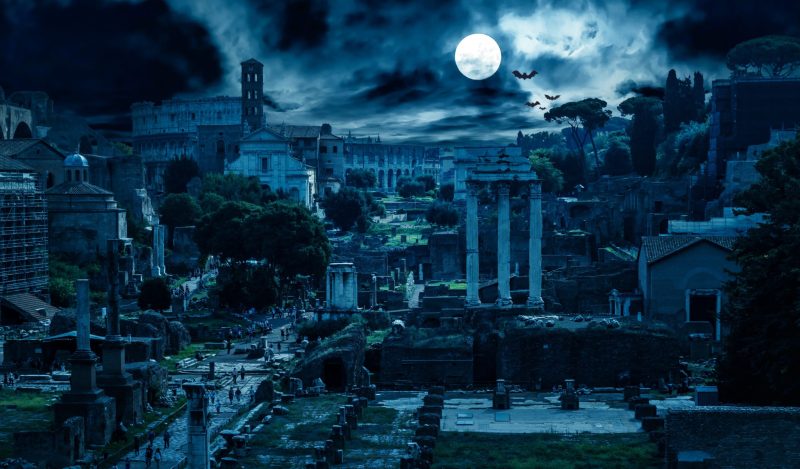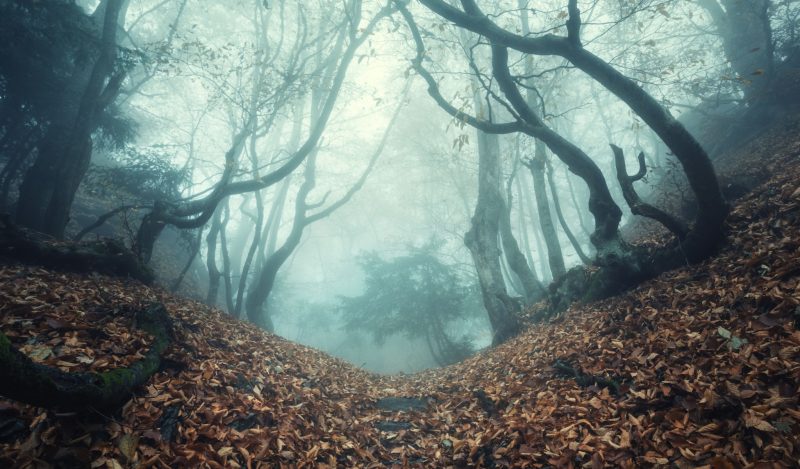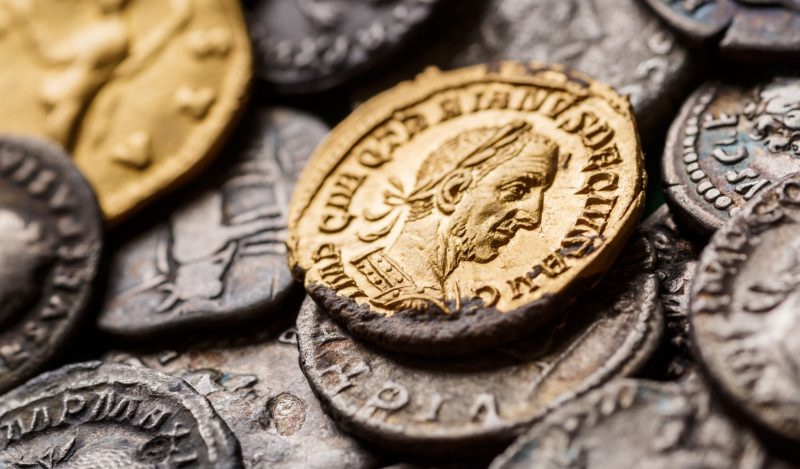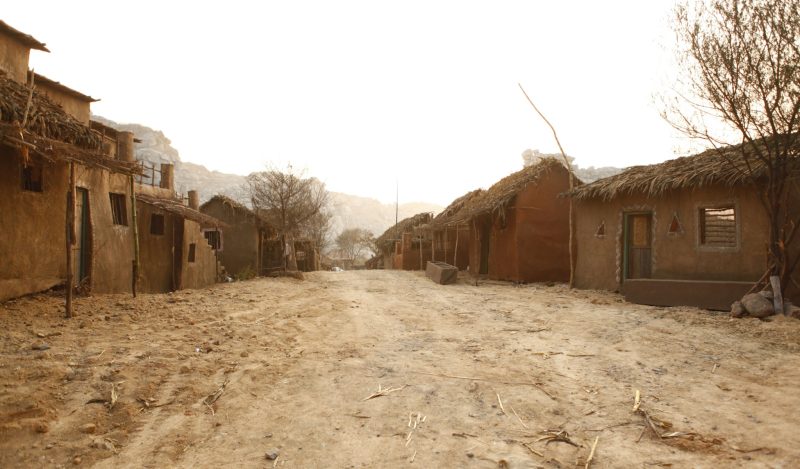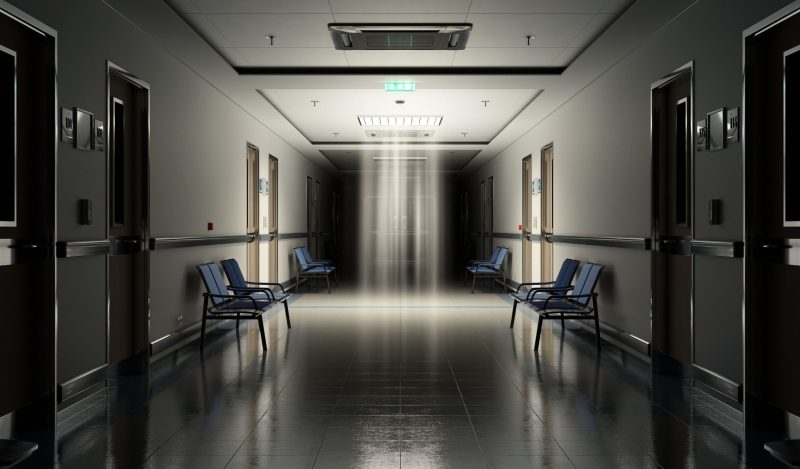The New Yorker is running a contest. What should we call our era? Some possible candidates: Terrible Twenties, the Age of Emergency, Cold War II, the Omnishambles, the Great Burning, and the Assholocene.
Try as I might, I cannot understand the last one. Regardless, it’s absolutely the case that there has been a dramatic turning of events and our lives. It’s not just national. It’s global and devastating.
I’m going with the Terrible Twenties.
Everyone seems to agree that this moniker applies, regardless of class or political leanings. You can take your pick of the symptoms: ill-health, inflation, political division, censorship, overweening state power, shabby political candidates, war, crime, homelessness, financial strain, dependency, learning loss, suicides, excess deaths, shortened lifespans, lack of trust, demographic upheaval, the purge of dissent, the threat of authoritarianism, mass incompetence, spread of crazy ideologies, lack of civility, fake science, corruption at all levels, middle class disappearance, and on and on ad infinitum.
Put it all together and you have terrible times.
We seek out diversions and find them in trips, movies, arts, liquor and other substances, religion, and meditation. No matter what we do, once we come back from the temporary respite, there is no denying the awful reality all around us. And the more the terrible multiplies, cascades, and entrenches itself, the less obvious are solutions. The center stopped holding a few years ago, and is ever less in view. We have to struggle to remember the good old days of 2019. They seem like a dim memory.
Memory and nostalgia seems to be all we have anymore. We watch The Gilded Age and Downton Abbey with winsome reflection. Oppenheimer, Barbie, Napoleon, anything historical will do. We smile just to know that Dolly Parton and Cher are still performing because it gives us comfort. There’s always reruns of Seinfeld to bring us delight. Our streaming music services can bring back the golden age of rock or country or classical with the push of a button. We can examine old family photos and marvel at their smiles and the source. We can reflect on the good lives of our parents and grandparents.
Regardless, it all seems to be in the past, which seems always to compare favorably with the present. More profoundly, the past compares favorably to any imagined future we can conjure up. The Carousel of Progress at Disney World is like a macabre joke now. Indeed, the prophets of our future seem only to come up with dystopias: owning nothing, eating bugs, doing without, bikes over gas-powered cars, surveillance, cancellation, 15-minute cities, shot after shot for weird infections, Zoom-based communications, and the absence of elegance in dress, food, and travel, except for of course the elites who live like District One in The Hunger Games.
That’s because this hell that has been visited upon us is far worse than anything even the pessimists predicted in March 2020. We looked at the extreme policies of the time and forecasted unemployment, growing population despair, loss of confidence in public health and experts, as well as a long period of economic disruption. But we could not have known then that the two weeks would turn to two months and then to two years and longer. It was like society-wide torture under the thumb of autocratic bureaucracies who were merely making things up as they went along and justifying it all with duplicitous science and smiles made for social media.
The fakeness of everything was suddenly revealed to us, and everything we once trusted suddenly seemed to be part of the system. Where were the mayors and judges? They were scared. Where were the pastors, priests, and rabbis? They said the same things as the TV anchors and NPR. Where were the academics? They were too worried about promotion, tenure, and grant money to speak out. Where were the civil libertarians? They vanished, fearing departing too far from the mainstream consensus, however manufactured.
Everywhere we go and anything we do now involves something digital, and mostly it is about verifying who we are. We are scanned, QRed, tracked, traced, facially and retinally recognized, monitored, and uploaded to some great database somewhere, which is then deployed for purposes of which we don’t approve.
We can’t go anywhere without our monitoring devices, once called phones. We cannot travel or even mail packages without a RealID. Every once in a while the government sends a loud squawk to our pockets so that we remember who is in charge. The demarcation between public and private is gone, and that applies to the sectors too: we no longer know for sure what is commerce and what is government.
The strangest feature of it all is the lack of honesty about it. Yes, the terrible truth about our times is now widely admitted. But the source of all the problems? Who did this to us and why? That’s all still taboo. There has been no open discussion about the lockdowns, the masking hoax, the failed shots, and the surveillance. Still less has there been open talk about the people and powers behind the entire fiasco that shattered everything we once took for granted about our rights and freedoms. Is it any wonder, really, that civil strife and even war are the result?
We want to know who or what broke the system, but for answers we have to depend on those least likely to provide them. This is because the people who might otherwise tell us the truth all went along with the lies. They can think of no other solution than to keep telling them until we forget that we are entitled to the truth. This seems to apply to the whole of mainstream media, government, and tech. The experts who were in on it are hardly the ones to get us out of it.
We try to find the workaround as best we can. For a while, the boycotts against bad guys worked, until there became too many to remember. Pfizer and Bud Light, sure, plus Target, but now it is WalMart, Amazon, Facebook, Google, CVS, Eventbrite, CNN, and who knows who else. Are we supposed to be against Home Depot and Kroger too? Hard to remember. We can’t boycott everyone.
Our victories over this brand or that, this policy or that, a good court decision that loses on appeal, are regarded by the plotters as nothing but temporary setbacks. The terrible is like a great ooze that keeps flowing and filling up the world no matter how much we scrub, clean, and bail.
We want to support local restaurants – they were so victimized throughout – but it is too expensive. So we’ve rediscovered home cooking but even that gives us sticker shock at the grocery store. Plus, during the good times, everyone developed some kind of eating eccentricity. No meat, no carbs, no gluten, no fish (mercury), no seed oils, no corn syrup, nothing inorganic, plus every manner of religious restriction, but that doesn’t leave much to eat at all. We would hold a dinner party but there’s no way to get a consensus and our cooking skills have atrophied in any case. Becoming a home-based short-order chef is out of the question.
Those with younger kids are at a loss. People under 18 years old have been socialized to believe that the nutty world in which we live – masking up, closed schools, Zoom class, social media addiction, anger all around – is just the way the world is. We struggle to explain otherwise but we cannot do so with confidence because, after all, maybe this is indeed how the world is. And yet we cannot shake the reality that they know next to nothing about anything: history, civics, literature, much less anything truly technical. They never read books. None of their peers care either. Their career aspirations are to become an influencer, which leaves parents in the awkward position of recommending otherwise in times that seem to have changed so dramatically from when we grew up.
Study hard, work hard, tell the truth, save money, obey the rules: these were the old principles that made for a successful life. We knew them and practiced them and they worked. But do they even apply anymore? Fairness and merit seem to have gone out the window, having been replaced by privilege, position, identity, and victimization as a pathway toward gaining a voice and a foothold. Decorum and humility are being swamped by brutalism and belligerence.
The new generation is being told daily that objective reality is not even a thing. After all, if men can change their gender identity on a whim, and even references to “womens’ sports” are seen as hopelessly binary, what can we really count on as authentic, unchanging, and indisputably true? Is there really such a thing as “civilization” or is that a racist concept? Can we admire any of the Founding Fathers or is the very phrase offensive? Is democracy really better than other systems? What after all do we really mean by free speech? It’s all been thrown wide open.
You can add your own observations here but it seems obvious that the collapse has gone far further than anything even the prophets of 2020 foresaw. When governments shut our schools, businesses, churches, and gyms, under the guise of mastering the microbial kingdom, we knew for sure that hard times were ahead. But we had no idea how bad it would get.
Such “public health” measures were not even within the range of possibility outside the worst dystopian fiction. And yet it all happened in a flash, all with the assurance that The Science demanded it. None of the institutions on which we relied to stop such crazed experiments worked to stop it. The courts were closed, the traditions of liberty forgotten, the leadership of our institutions lacking in courage, and everyone and everything lost in a fog of disorientation and confusion.
The Victorian-era liberals warned us that civilization (there’s that word) is more fragile than we know. We have to believe in it and fight for it; otherwise it can be taken away in an instant. Once gone it is not easily restored. We are discovering this for ourselves today. We cry from the depths but the hole only becomes deeper and the orderly lives we took for granted become defined more by anomie and frightening surprise of the unthinkable.
Where is the hope? Where is the way out of this mess?
The traditional answer to these questions all revolve around seeking and telling the truth. That is surely not asking too much and yet it is the last thing we are getting today. What prevents us from hearing it? Too many are too invested in the lie to allow it to get a fair hearing.
The times are terrible not because of some impersonal forces of history as Hegel might have it, but because a small minority decided to play dangerous games with fundamental rights, liberties, and law. They broke the world and are now pillaging what’s left. It promises to stay broken and looted so long as the same people either gain the courage to admit wrongdoing or, like the decrepit old men who ruled the Soviet empire in its last days, they finally perish from the earth.
Published under a Creative Commons Attribution 4.0 International License
For reprints, please set the canonical link back to the original Brownstone Institute Article and Author.
